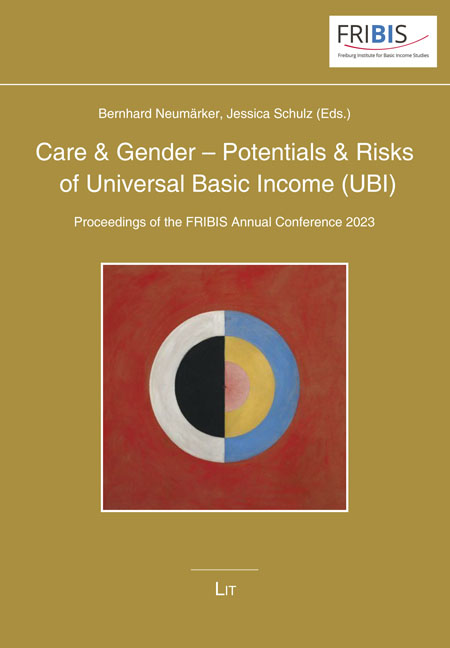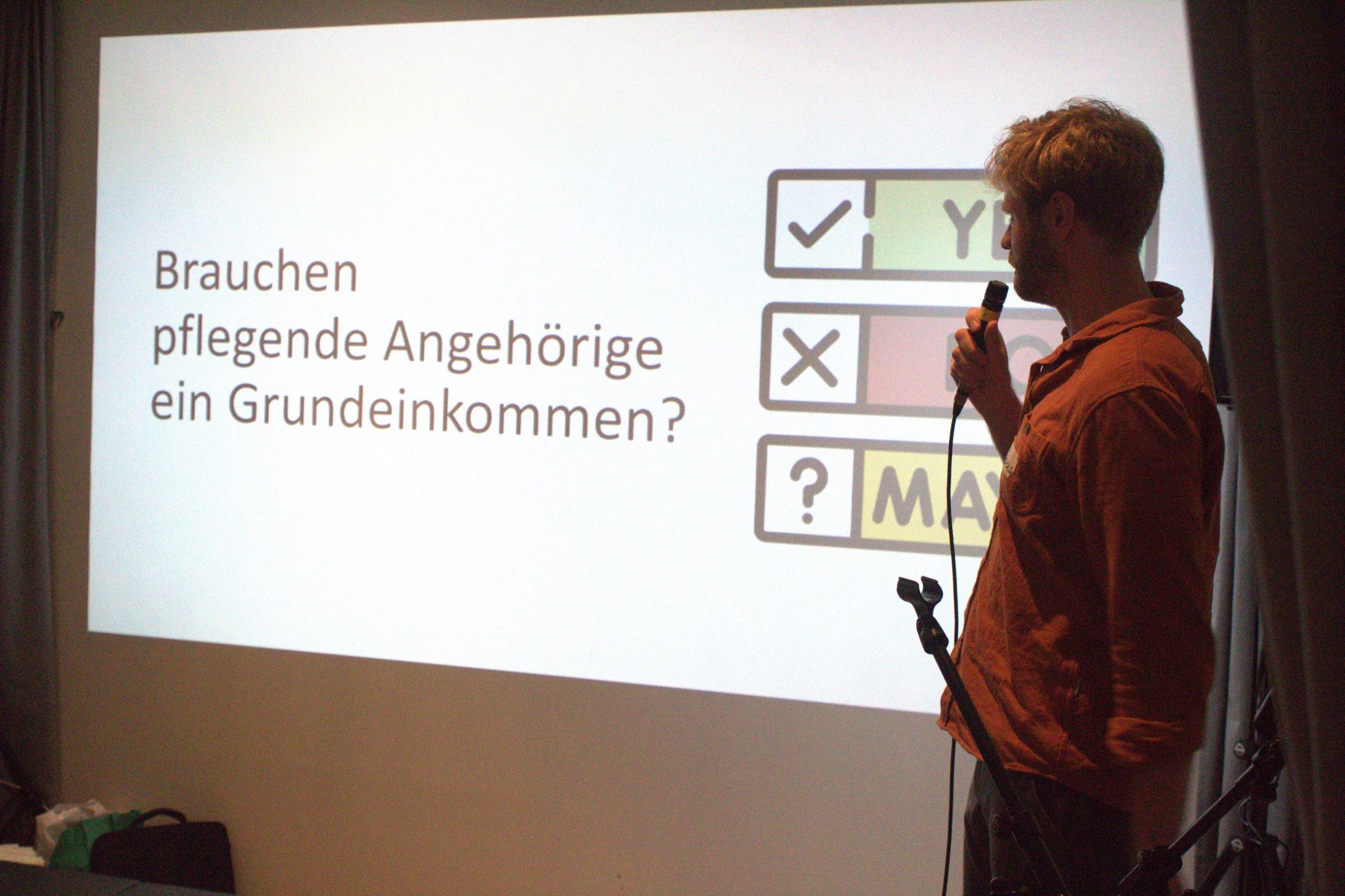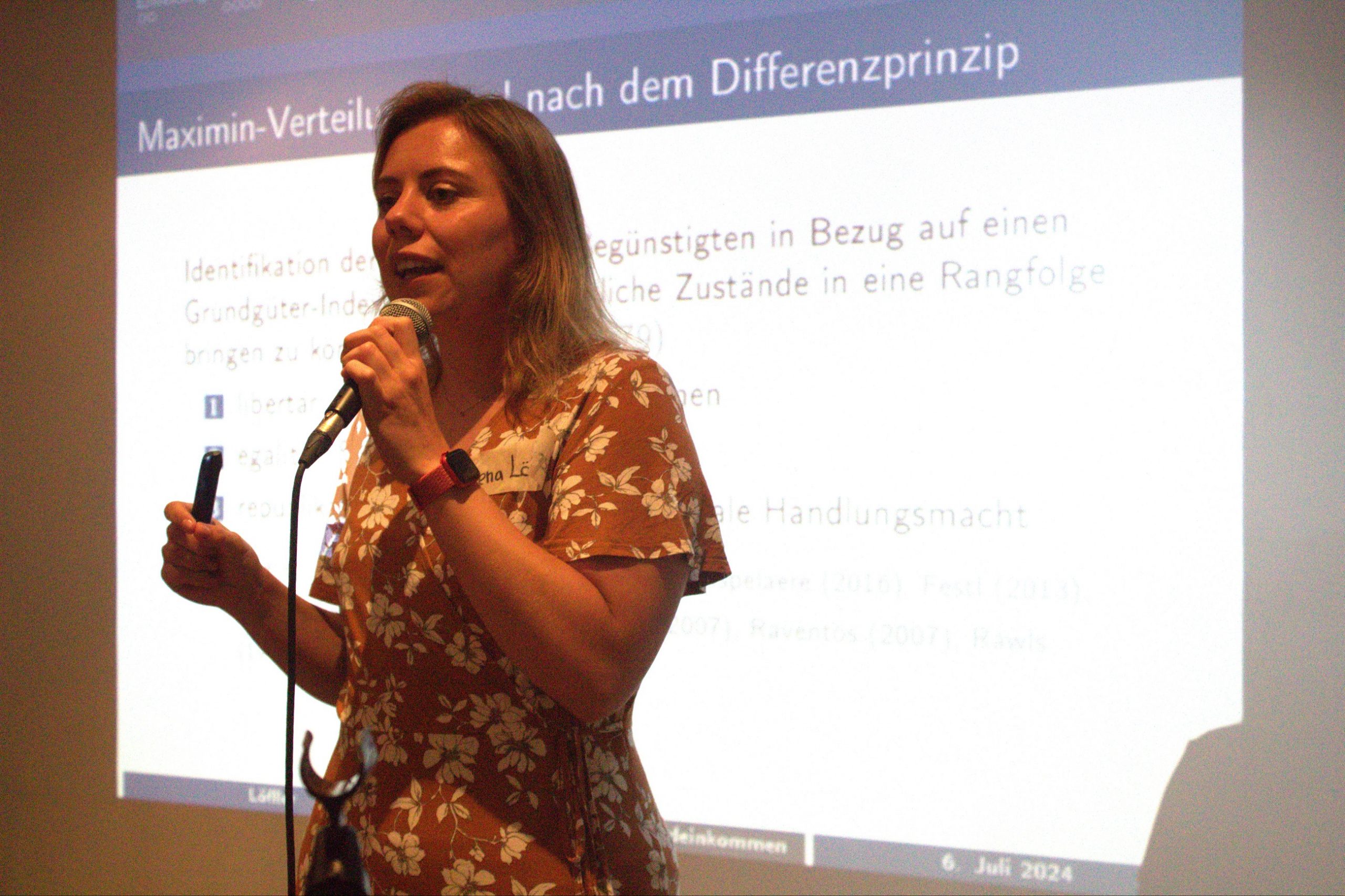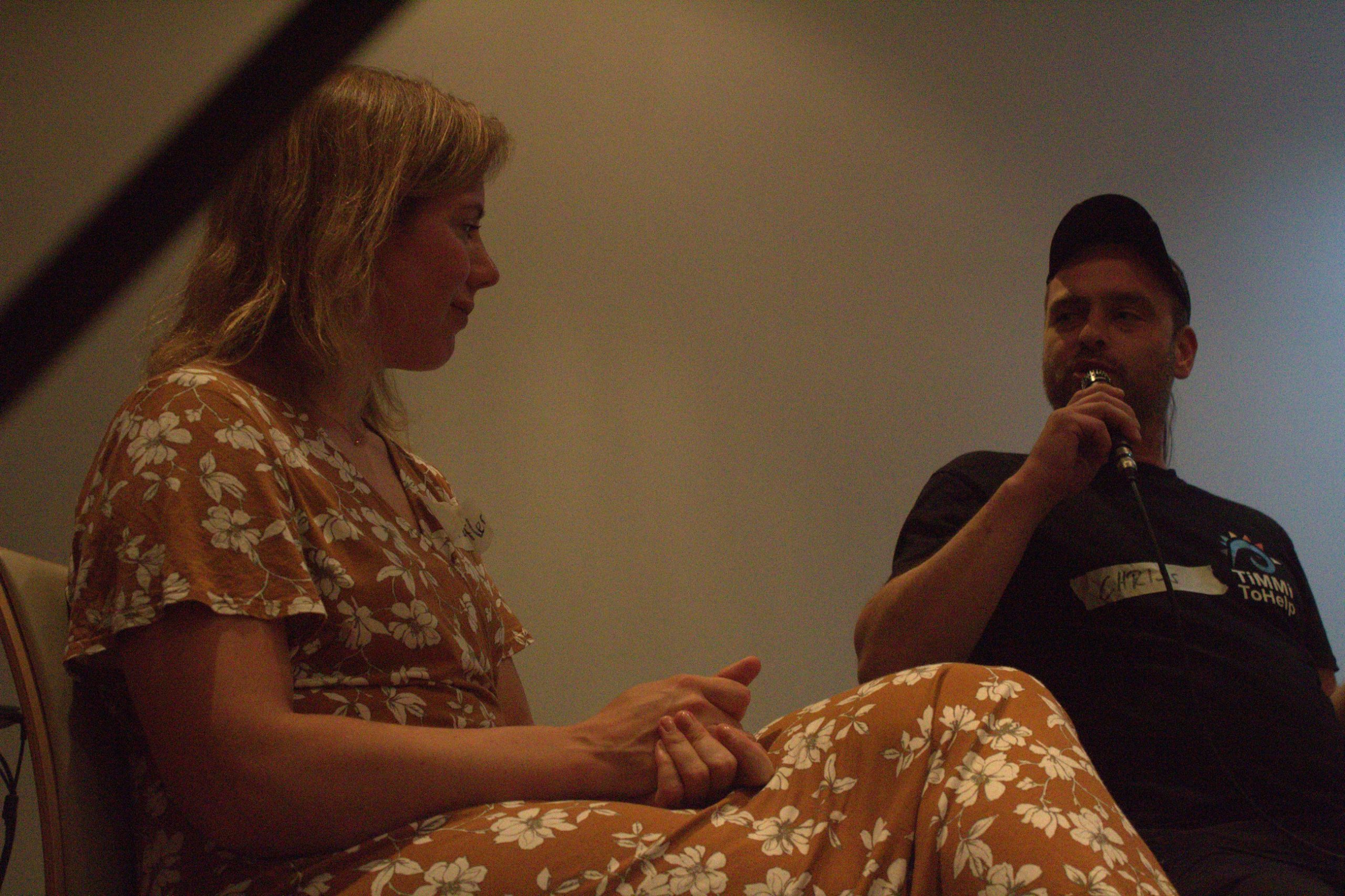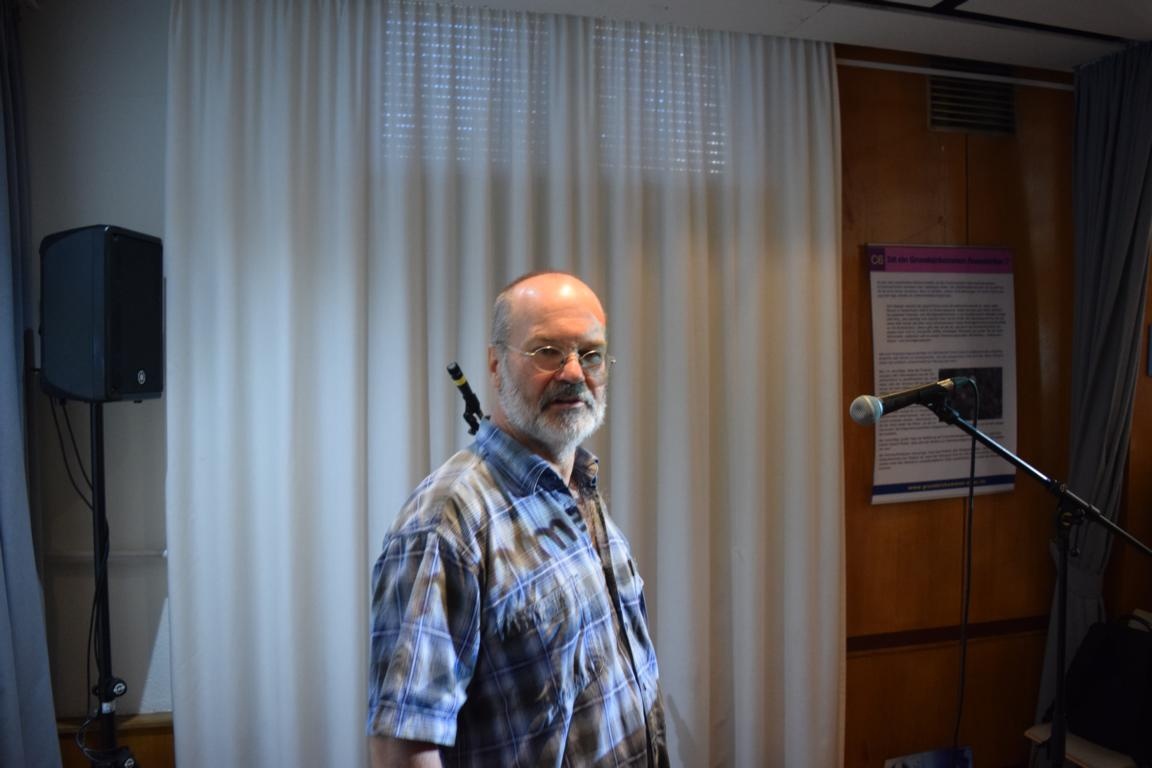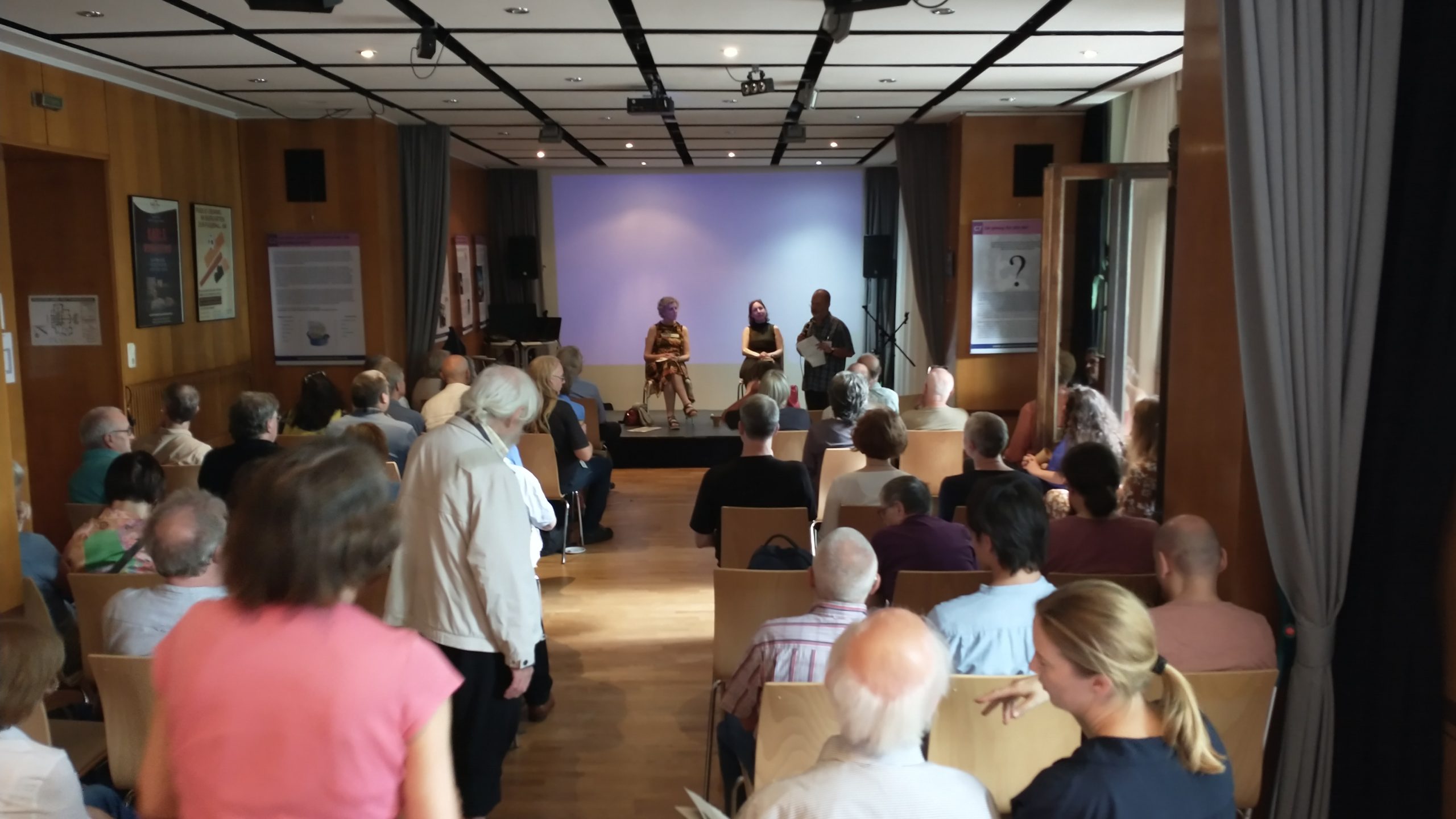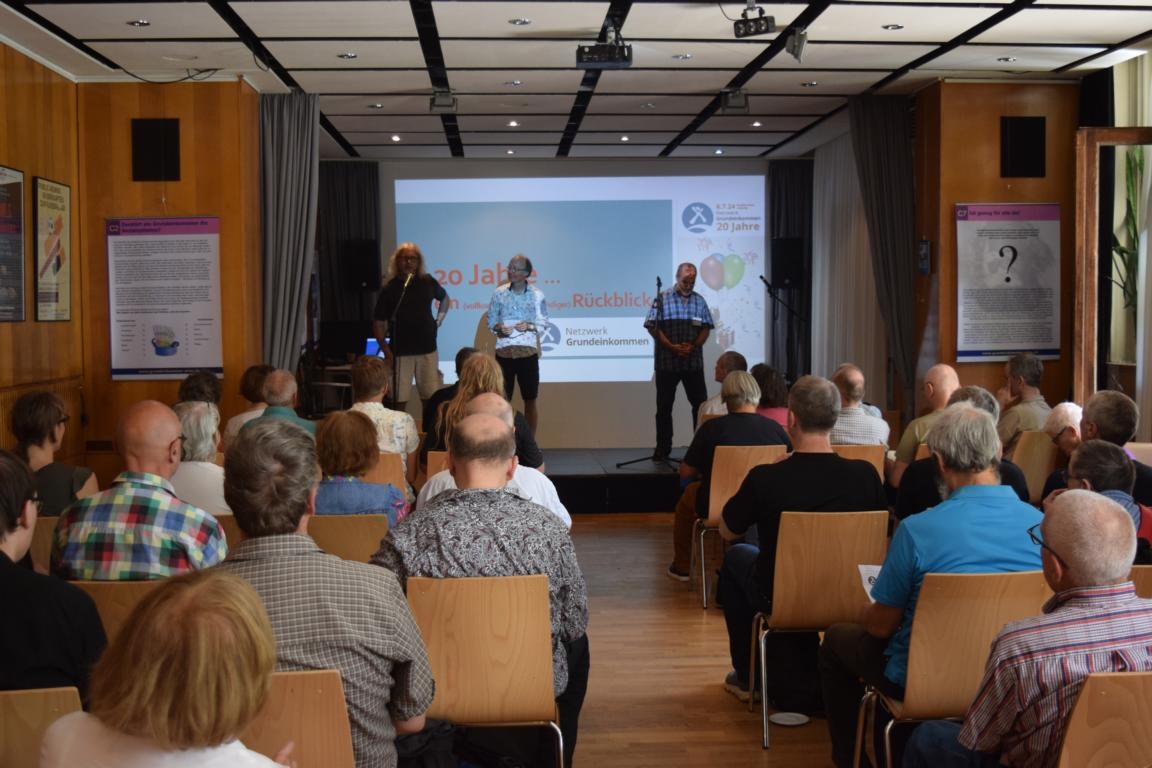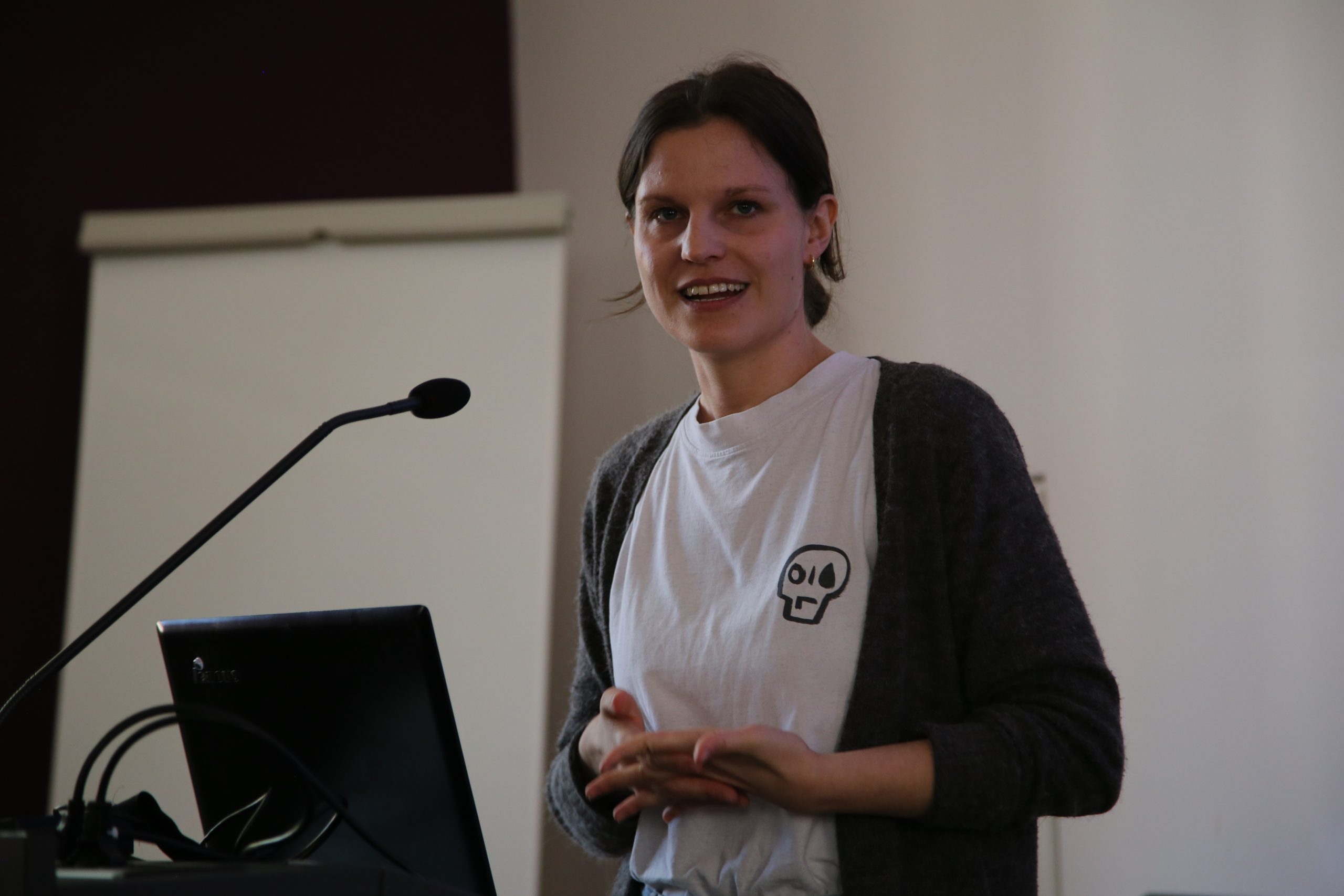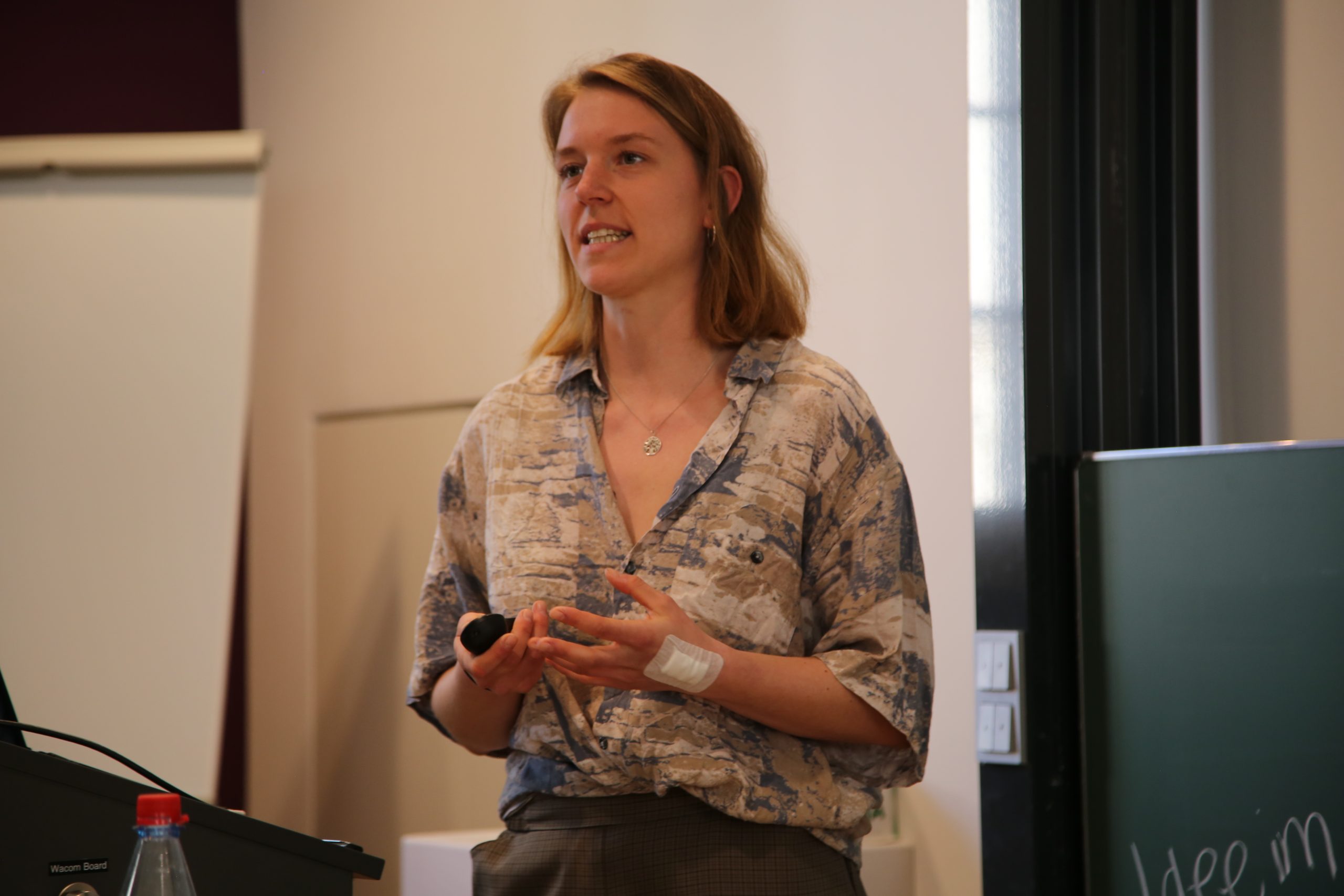FRIBIS team XUBI reports: Major Milestone for Initiative “Hamburg testet Grundeinkommen” (“Hamburg Tests Basic Income”)
The “Hamburg Tests Basic Income” initiative has achieved a significant breakthrough: On October 1, 2024, the campaign submitted 95,842 signatures to the Hamburg Senate – far exceeding the required threshold (65,000 signatures) for Germany’s first state-funded basic income pilot.
Research Framework for Pilot Study
The three-year pilot study will provide basic income to 2,000 Hamburg residents. To ensure demographic representation, participants will be selected from carefully chosen neighborhoods across the city. The research will examine how basic income affects work patterns, social interactions, and family dynamics.
Path to Implementation
The election authority will now verify the signatures within a six-week period, potentially leading to a public referendum coinciding with the federal elections on September 25, 2025. This initiative reflects strong public support: A 2019 DIW study indicated that approximately 70 percent of German residents favor basic income pilot projects.
FRIBIS as Research Partner
FRIBIS supports the Expedition Basic Income through its dedicated XUBI team, which specializes in the evaluation of basic income pilots. This interdisciplinary team provides expertise on funding mechanisms, research methodology, and data analytics. Drawing on its network of international experts in social sciences, economics, and related fields, FRIBIS ensures rigorous research standards throughout the Hamburg pilot.
XUBI Team Expansion
Early 2024 brought significant changes to the XUBI team: Following Dr. Lisa Reuter’s departure as team coordinator, three distinguished researchers who have collaborated with the team since 2023 have formally joined: Prof. Dr. Hanna Schwander, Chair of Political Sociology and Social Policy at HU Berlin, Prof. Dr. Swen Hutter, Director of the Center for Civil Society Research and Lichtenberg Professor of Political Sociology at FU Berlin, and Dr. Bastian Becker, Interim Chair for Comparative Politics at HU Berlin.

